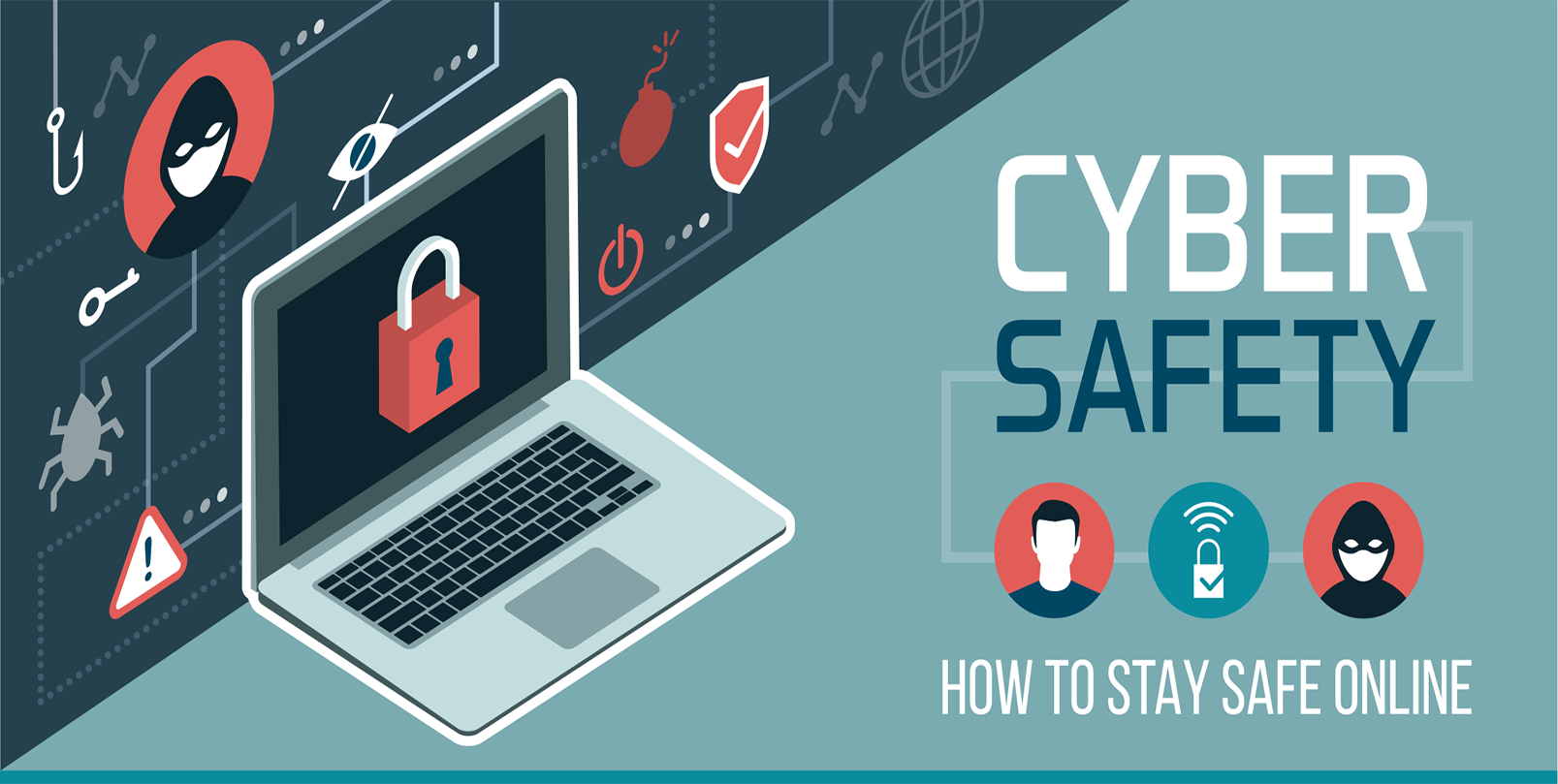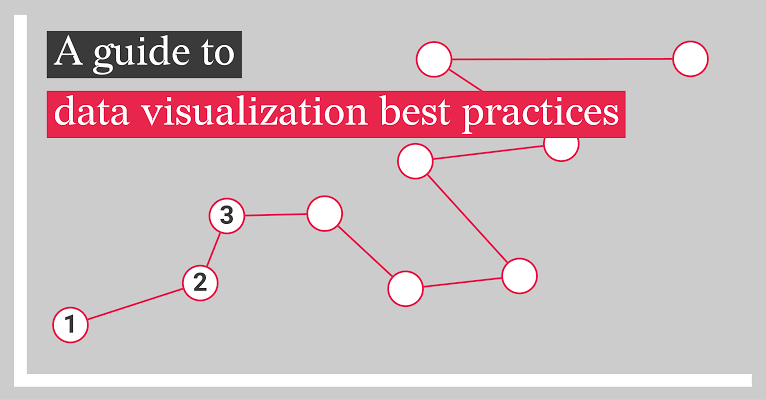In a world where digital interactions often precede physical ones, building a strong online presence has become essential for individuals and businesses alike. Whether you are an entrepreneur trying to grow your brand, a professional seeking new opportunities, or a company looking to attract customers, your online reputation plays a major role in how you are perceived. A strong digital footprint not only improves visibility but also helps establish credibility and trust. With 2025 witnessing rapid changes in social media platforms, search engines, and online marketing strategies, adopting the right approach has never been more important.
Define Your Identity and Goals
The first step in building a solid online presence is to clearly define who you are and what you want to achieve. Without clarity, your efforts may lack direction and fail to connect with the right audience.
- Identify your core message, values, or unique selling point.
- Decide whether your online presence will focus on personal branding, business growth, or both.
- Set measurable goals such as increasing website traffic, generating leads, or growing your social media followers.
Having a clear purpose allows you to create content and strategies that are aligned with your vision, ensuring consistency across all platforms.
Create a Professional Website
A website is the foundation of your online presence. It serves as a central hub where people can learn about you, your work, or your business. Unlike social media platforms, which you do not fully control, a website provides complete ownership and flexibility.
A strong website should include:
- A clear and user-friendly design with fast loading speed.
- Essential information such as services, portfolio, or product details.
- A blog or news section to share valuable content and boost search engine rankings.
- Contact details and calls to action that make it easy for visitors to connect.
With advancements in web development tools, even small businesses or individuals can build professional websites without needing extensive technical expertise.
Optimize for Search Engines
Search Engine Optimization (SEO) remains one of the most effective ways to increase visibility online. By optimizing your content and website for search engines, you can reach people who are actively searching for your services or expertise.
Key SEO practices include:
- Using relevant keywords naturally in your content.
- Writing high-quality, informative blog posts that address user needs.
- Building backlinks from credible sources to improve authority.
- Ensuring your website is mobile-friendly and secure.
SEO requires consistency and patience, but the long-term benefits include sustainable traffic and greater online visibility.
Leverage Social Media Platforms
Social media is one of the most powerful tools for building an online presence. Each platform serves a different purpose, so selecting the right ones for your audience is important.
- LinkedIn is best for professionals, networking, and B2B content.
- Instagram and TikTok are ideal for visual storytelling and younger audiences.
- X (formerly Twitter) is effective for thought leadership, news updates, and community discussions.
- Facebook remains useful for community engagement and targeted advertising.
Consistency is key. Posting regularly, engaging with followers, and using platform-specific features such as reels, stories, or live sessions can significantly increase reach and influence.
Develop High-Quality Content
Content creation is the heart of online presence. People are more likely to follow and trust you if you provide value through your content. High-quality content helps establish authority and creates opportunities for engagement.
Forms of content to consider include:
- Blog posts that provide insights, tips, or industry updates.
- Videos, which continue to dominate in engagement and reach.
- Podcasts that allow deeper discussions and connection with audiences.
- Infographics or visual posts that simplify complex information.
Consistency in tone and style ensures that your content resonates with your audience and reinforces your brand identity.
Engage and Interact with Your Audience
Building an online presence is not just about posting content but also about creating connections. Engagement helps you build relationships and foster loyalty among your followers.
Practical ways to engage include:
- Responding to comments and messages promptly.
- Hosting Q&A sessions or live events.
- Asking questions and encouraging discussions.
- Showing appreciation by acknowledging feedback and contributions.
Active engagement makes your online presence feel authentic, which is vital in an era where people value transparency and real connections.
Utilize Online Advertising
While organic growth is important, online advertising accelerates visibility and helps target specific audiences more effectively. Platforms like Google Ads, LinkedIn Ads, and Meta Ads allow you to reach people based on demographics, interests, and behaviors.
Running ads can help with:
- Driving traffic to your website.
- Increasing brand awareness.
- Generating leads or direct sales.
Even with a small budget, targeted advertising can deliver meaningful results if campaigns are carefully planned and optimized.
Monitor Analytics and Performance
To know whether your strategies are working, you must track your performance. Analytics tools provide valuable insights into user behavior, engagement levels, and traffic sources.
- Google Analytics helps track website traffic and visitor demographics.
- Social media insights reveal post performance and follower growth.
- SEO tools like SEMrush or Ahrefs highlight keyword rankings and backlink performance.
By analyzing these data points, you can adjust strategies, improve weak areas, and double down on what works best.
Build an Authentic Brand Personality
An effective online presence goes beyond visibility; it’s about creating a personality that people can relate to. Authenticity is crucial because audiences can easily sense when something feels forced or artificial.
This involves:
- Sharing personal stories or behind-the-scenes experiences.
- Staying true to your values in both content and interactions.
- Avoiding over-promotion and focusing on building trust first.
An authentic brand personality encourages loyalty and word-of-mouth promotion, which are both powerful drivers of growth.
Conclusion
Building a strong online presence in 2025 requires more than just showing up online. It is a deliberate process that involves clarity of purpose, professional branding, effective use of digital tools, and genuine engagement with your audience. By creating high-quality content, leveraging the right platforms, optimizing for search engines, and staying authentic, individuals and businesses can establish themselves as trusted and influential voices in their fields.
A strong digital presence does not develop overnight but with consistency, patience, and adaptability, it becomes one of the most powerful assets for long-term success.



